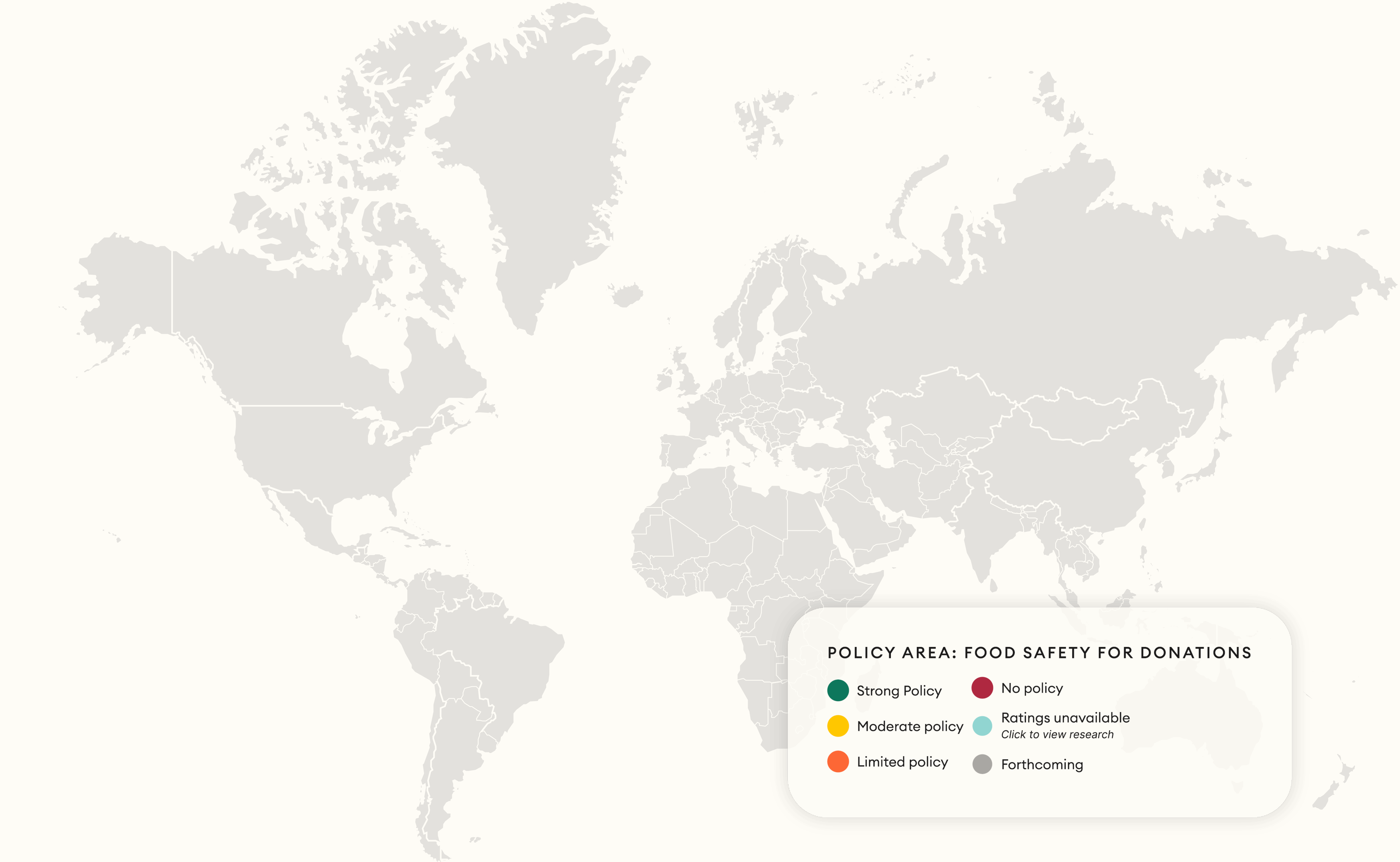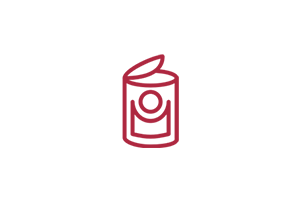Singapore: Policy Highlights and Opportunities
Each year Singapore generates more than 700,000 tons of food waste, and food loss and waste in Singapore has increased 20-30% over the past decade. At the same time, 1 in 10 households face food insecurity.
Atlas Research: Singapore

Policy Highlights
Singapore research was published in April 2021 and was made possible with the advice and support of our on-site partners, including The Food Bank Singapore.
Policy Opportunities and Recommendations





